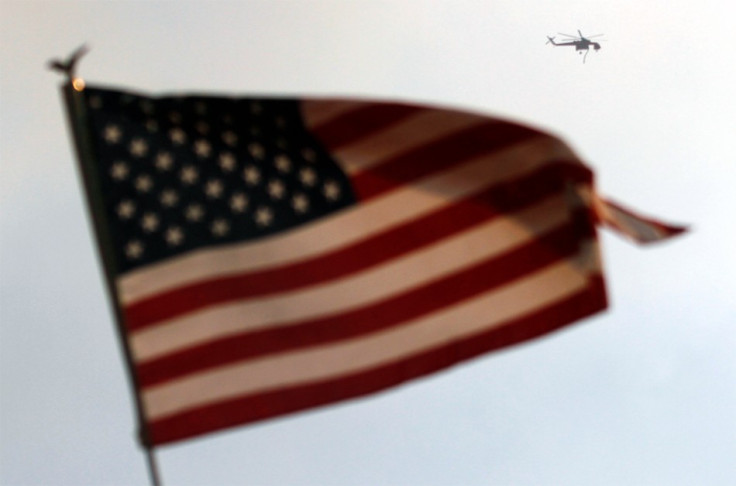4th of July: Should the Democrats celebrate Independence Day?

"Fourth of July celebrations in the United States shape the nation's political landscape by forming beliefs and increasing participation, primarily in favour of the Republican Party," says a new report from Harvard.
Independence Day in America is very important and the people's participation is much more important than in countries like France, for example, which celebrate the people's storming of La Bastille on July 2010.
A new study by Harvard found that in 2010 alone, 118 million of Americans aged 18 or older celebrated the fourth of July by attending a barbecue while another 98 million watched the fireworks or attended community celebrations and 28 million attended a parade.
The study's aim however was to go beyond the celebration day itself, to see if it also had deferred impacts by sling whether the "participation in national ceremonies and parades have a deeper impact by affecting people's political beliefs, identity and behaviour?"
By the time it concluded its research, the team's answer to its initial question was unequivocal, as Harvard Kennedy School Assistant Professor David Yanagizawa-Drott and Bocconi University Assistant Professor Andreas Madestam wrote:
"The political right has been more successful in appropriating American patriotism and its symbols during the 20th century. Survey evidence also confirms that Republicans consider themselves more patriotic than Democrats. According to this interpretation, there is a political congruence between the patriotism promoted on Fourth of July and the values associated with the Republican Party. Fourth of July celebrations in Republican dominated counties may thus be more politically biased events that socialize children into Republicans.
The document also suggests that Democrats gain nothing from July 4th parades, which will certainly anger many of the democrats politicians who regularly participate in the event.
"There is no evidence of an increased likelihood of identifying as a Democrat, indicating that Fourth of July shifts preferences to the right rather than increasing political polarization," the two wrote.
While the new study is set to be controversial, here are advices for those attending the Fourth of July celebration:
- When done before the age of 18, it increases the likelihood of a youth identifying as a Republican by at least 2 per cent.
- It raises the likelihood that parade watchers will vote for a Republican candidate by 4 per cent.
- It boosts the likelihood a reveller will vote by about 1 per cent and increases the chances they'll make a political contribution by 3 per cent.
- What's more, the impact isn't fleeting. "Surprisingly, the estimates show that the impact on political preferences is permanent, with no evidence of the effects depreciating as individuals become older, "said the Harvard report.
Also, those who are looking for a super-patriotic July 4th, should head to Republican towns as according to the report, "Republican adults celebrate Fourth of July more intensively in the first place."
© Copyright IBTimes 2025. All rights reserved.





















